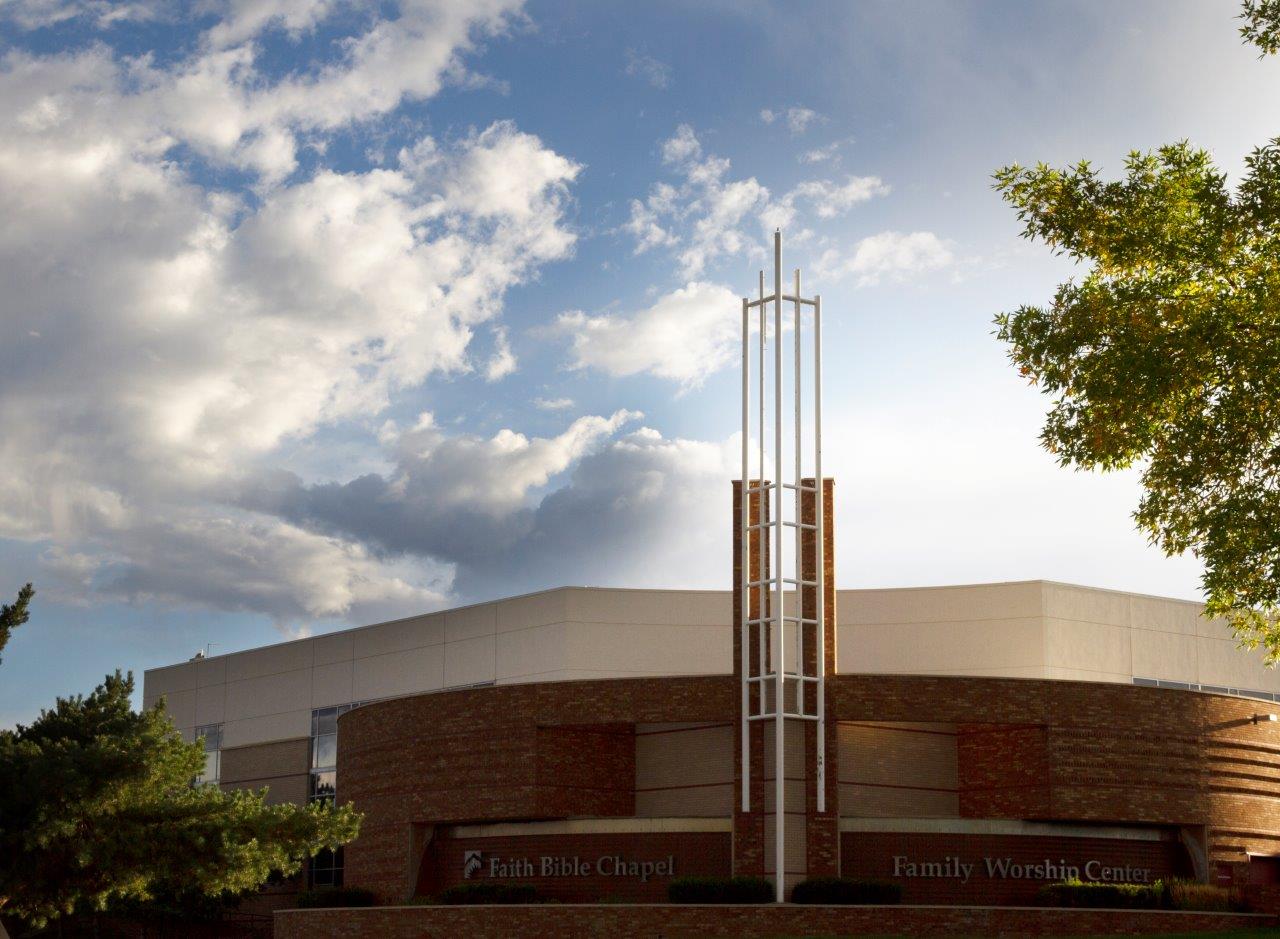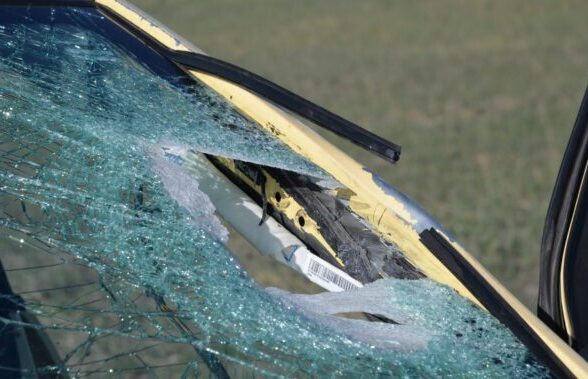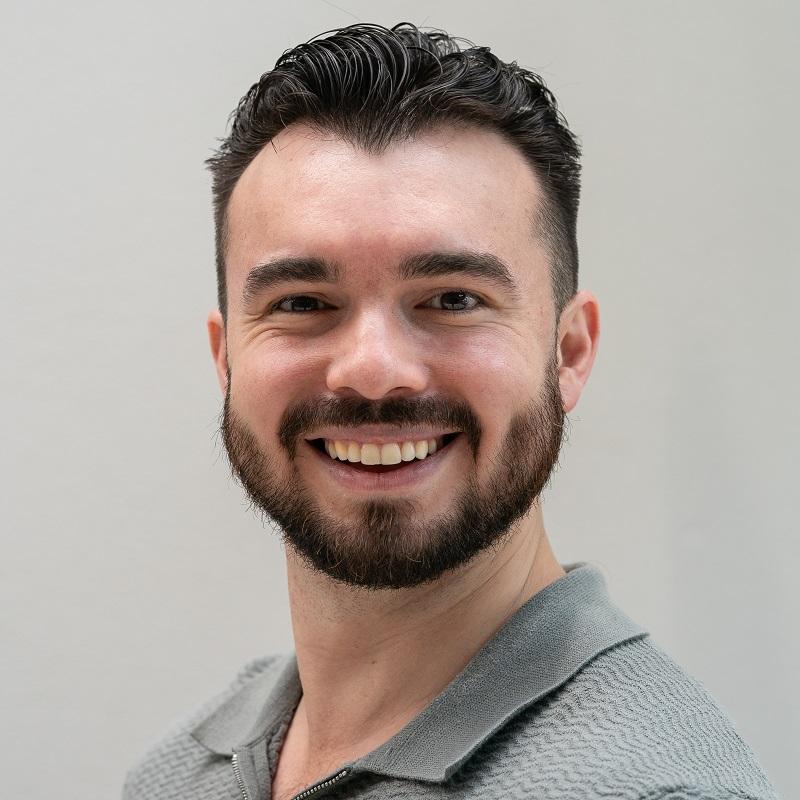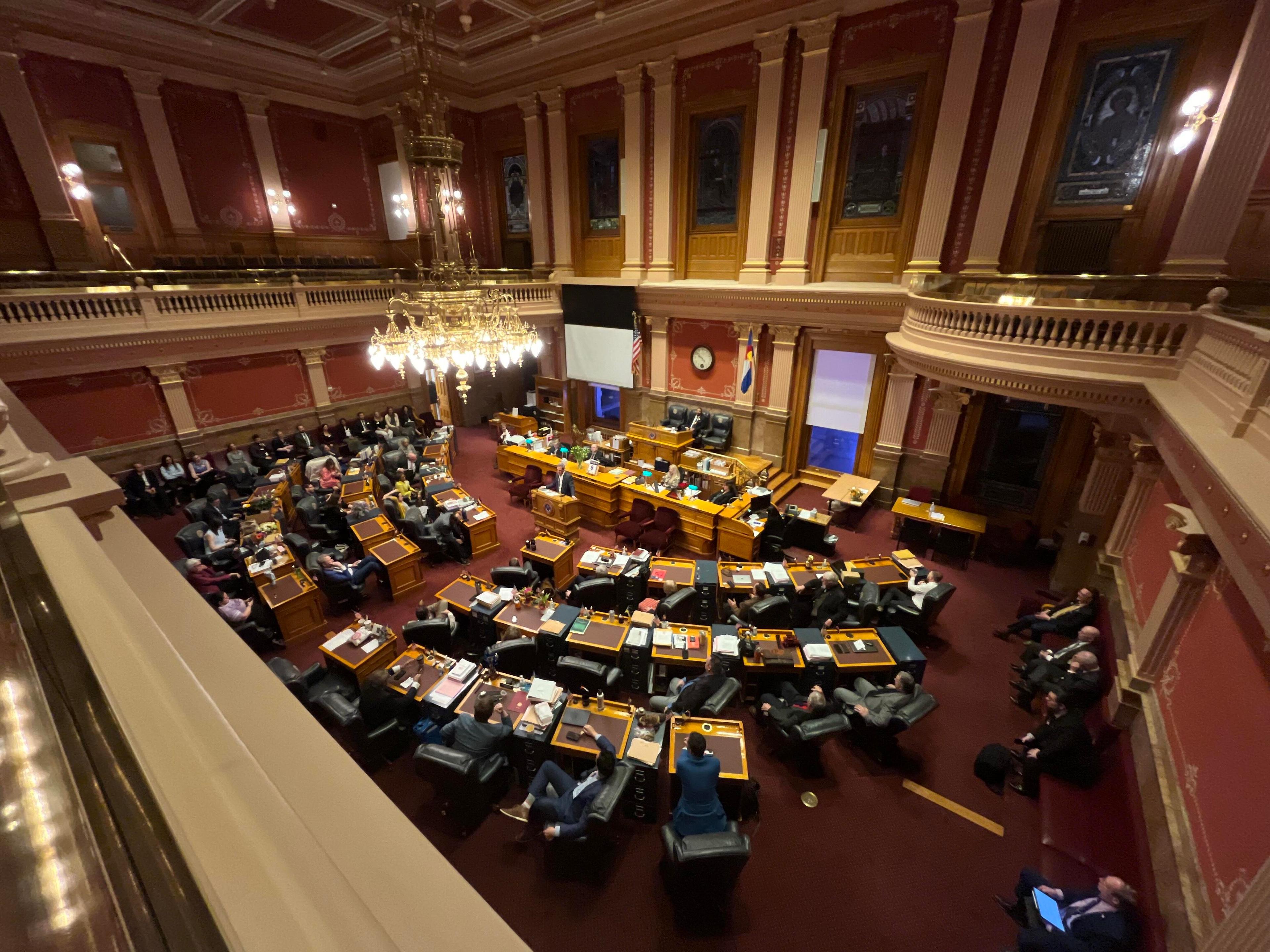
Passover, Easter, Ramadan. April is a month filled with religious holidays.
As the novel coronavirus continues to spread, it's prevented people of faith from gathering in churches and mosques to celebrate their traditional religious holidays. Some faith leaders have offered the following prayers, sermons and other materials as notes of encouragement at this time.
Denver Archbishop Samuel Aquila
During his Palm Sunday virtual Homily, Aquila told parishioners their faith always survives through all pandemics and suffering. The COVID-19 pandemic has brought an invitation for people to renew their faith in Jesus. He said the biggest question going into Holy Week is if people love Jesus or the world more.
“We do not listen to the voice of the world, which is is often the voice of the devil, but we listen to the voice of Jesus and put Jesus first,” Aquila said. “Even in the midst of fears and anxieties we still trust in Jesus and know he’s with us.”
Aquila read from St. Paul’s Letter to the Philippians.
The Catholic Church won't hold Mass for Good Friday or Easter Sunday. Catholics can instead watch Mass from home with Denver’s Archbishop online or view Masses from other local parishes.
Lead Pastor Jason King
Pastor Jason King of Faith Bible Chapel in Arvada said he wants people to feel encouraged at this time. He wants to make sure congregants are doing OK physically but also emotionally. In a daily message of hope on Friday, King said no flood or storm will ever overtake you.
King will share four benefits God offers through his Son Jesus Christ’s death and resurrection during his Sunday sermon. The benefit of forgiveness, provision, victory and healing.
“For everyone born of God overcomes the world. This is the victory that has overcome the world, even our faith. Who is it that overcomes the world? Only he who believes that Jesus is the Son of God.” John 5:4-5 (NIV)
Faith Bible Chapel is streaming Good Friday and Easter services online and is also hosting a drive-in.
Rabbi Birdie Becker
The Seder tables will have fewer people physically sitting at them but the COVID-19 pandemic has made the Passover story especially significant this year, said Rabbi Birdie Becker of Temple Emanuel in Pueblo. To her, Passover isn’t just a story that gets told once or twice a year.
“It is not just a holiday but it forms the base of many of our prayers, our ethics, our involvement in civil rights and social justice,” Becker said. “We are each to feel as if we personally were redeemed from slavery so that we do not oppress others.”
Passover has three meanings. To have compassion, to protect and to skip over, which references Israelites marking their doors with lambs blood to avoid the final plague of death.
“This year as we continue to practice physical distancing let’s remember that our history is filled with difficult times in narrow passages and we always survive,” she said. “In this pandemic, we are each responsible for taking care of ourselves as our lives affect everyone around us.”
Becker posts videos to Facebook to stay connected to her community. Many Jewish people are holding virtual Seders this year.
Imam Muhammad A. Kolila
Ramadan begins April 23 and the community is preparing for how to honor the month-long worship. It has become very important for everyone to be up for the challenge and hold themselves accountable since mosques have closed, said Imam Muhammad A. Kolila of the Downtown Denver Islamic Center.
“Nobody is going to watch us pray now. Nobody is going to watch us fast,” he said during a community check-in on Thursday. “Now is not the time for action and connections through the heart.”
Kolila encourages Muslims to stay on track with their faith by praying their daily prayers on their own. He suggested the following prayers for protection and to seek refuge from God.

Reciting these two ayahs at night is a protection from all harm:
The Messenger has believed in what was revealed to him from his Lord, and [so have] the believers. All of them have believed in Allah and His angels and His books and His messengers, [saying], “We make no distinction between any of His messengers.” And they say, “We hear and we obey. [We seek] Your forgiveness, our Lord, and to You is the [final] destination.
Allah does not charge a soul except [with that within] its capacity. It will have [the consequence of] what [good] it has gained, and it will bear [the consequence of] what [evil] it has earned. “Our Lord, do not impose blame upon us if we have forgotten or erred. Our Lord, and lay not upon us a burden like that which You laid upon those before us. Our Lord, and burden us not with that which we have no ability to bear. And pardon us; and forgive us; and have mercy upon us. You are our protector, so give us victory over the disbelieving people.”
The Downtown Denver Islamic Center is still working on what Ramadan will look like this year but Kolila hopes to have classes on Zoom among other virtual options.









